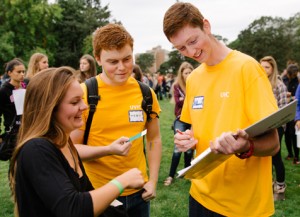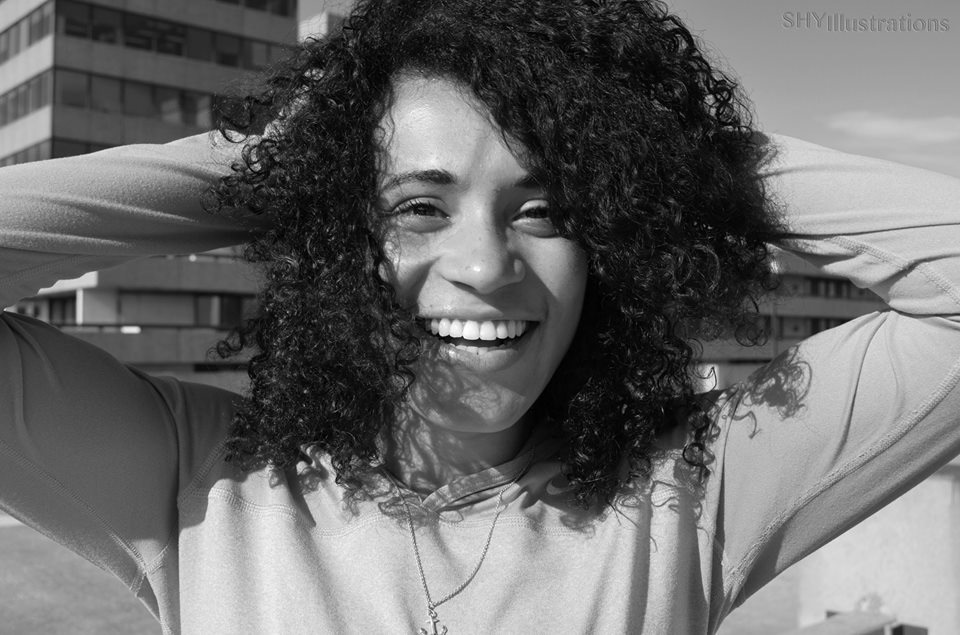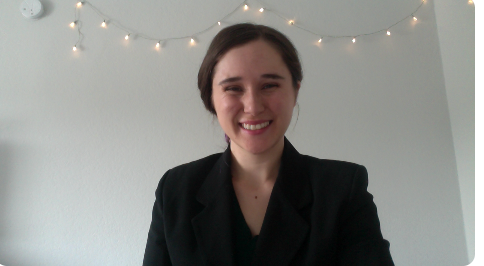Ten Things I learned First Year
It seems like just a month ago I was trying to find a seat in the David Lam Auditorium, and only a few weeks ago that I was writing my last essay before winter break, but somehow in a flurry of lectures, library sessions, and hanging out with friends eight months have flown by.
First year has been a wild ride of personal growth and learning new things (or relearning them better). To give some insight and to offer some advice to new students I thought I’d share ten things I learned this year.
1. Common study advice may not work for you, and that’s okay
Some people find silence distracting, and others find classical music or lofi hip hop beats to be distracting. If common advice doesn’t work for you, don’t feel obligated to continue using it.
In university, you need to be able to study as much and as efficiently as possible, which can’t be done if something is disruptive or causing you to avoid studying or working on assignments.
I found it was easiest to create blocks of time to complete tasks by order of priority, take breaks when needed, and keep going if I was on a roll. Methods such as the Pomodoro technique didn’t work for me because the time management was too rigid.
2. How to study better

Photo by Pixabay from Pexels
This year I found studying is all about organization, or at least mental organization.
Each topic covered in a course can be divided up into concepts, and within these concepts, there are applications, uses, definitions, related calculations, associated terminology, etc.
Studying should be used to understand the parts of these concepts as well as how they and their parts relate to other course material.
3. That I can be successful in STEM classes
With learning how to study better came confidence in my required biology classes. With a better grasp of concepts in the sciences and how fields relate with each other, I became much more interested in the sciences than I was in high school.
My biggest surprise, however, was my final mark in my required computer science course, which I was initially nervous about. Assignments that took only part of the lecture for the professor to demonstrate would take me hours, but with some office hour visits, double-checking for errors in the HTML file, checking the appearance of the page on another device. A lot of diligence, I ended up boosting my GPA that semester and my self-confidence with that final mark.

Photo by Kevin Ku from Pexels
4. It’s a small world

Photo by UVic. Attending orientation is one of the best places to meet new people.
Before stepping foot on campus, I only knew maybe a dozen people from high school or previous connections. It didn’t take long to notice that everyone seems to know everyone or at least know someone who does, often through roommates, classmates, or mutual friends.
It’s always a nice surprise to meet people and find out you share that connection. Being a mid-sized school, UVic somehow balances this fine line of large school opportunities, especially when making new social connections, but its small enough to have an interconnected feel.
5. Business casual is your best friend
I’m by no means a style icon or even a business student, but I have developed an appreciation for business casual clothing. I had my fair share of days this year where my day included any combination of studying, research participation, a midterm, meetings, an interview, or a hands-on tutorial section where neither sweatpants or business professional approved suit was going to cut it. I needed to be able to make a good impression but not be uncomfortable or overdressed in an exam or tutorial.
6. Prioritizing health-promoting habits will make everything easier

Photo by Lisa Fotios from Pexels
I started the year off with the intention of eating a nutritionally balanced meal at the Commons every night, followed by adequate sleep. However, by the end of first semester, I was dependent on naps to get through my study sessions, and yam fries had almost become an independent food group in my diet.
Second semester I decided to make a change because I was just as exhausted as during finals, and it was only the first week. I doubled my veggie and water intake and started regulating my sleep schedule a bit more.
I also enrolled in a yoga class at the CARSA, which taught me to enjoy physical activity, a huge change from the first semester, where I just worked out for the sake of doing so.
7. If you’re procrastinating on a skill just learn it
I had not updated my first aid skills since the CPR tutorial in grade ten PE class. I wanted to boost my resume, so in February, I took a level 1 emergency first aid course and can say it is a relief knowing my skills in an emergency situation are up to date.
It’s way easier just to go out and learn that skill, instead of just dreaming or stressing about it. Beyond just building my resume, the next skill I want to try to learn is kayaking.
8. Just take a nap

Photo by Andrea Piacquadio from Pexels
If you’re feeling tired to the point of struggling to stay awake, just get some sleep. Your body, brain, and task you were working on will thank you.
From a productivity standpoint, it usually takes less time to take a short nap and then return to work with more energy than it is to struggle to stay awake.
9. Give yourself an even bigger time cushion than you think you’ll need
Things happen. Your laptop may die midway through your essay, causing you to lose progress, you may lose internet connection while submitting an assignment, or sometimes things just take longer than planned.
Having even a few extra hours (ideally days) to sort out the issue makes a world of difference.

Photo by JESHOOTS.com from Pexels
10. Sometimes things happen that are totally out of your control
Illness may cause office hours to be canceled, or you to miss class, power goes out, travel connections get canceled, snow causes school closures, or now a global pandemic.
Circumstances may be out of your control, but how you react can make or break how you remember and feel about the situation later. Any time something goes, awry is a chance to try a new solution or find a way to make the situation better.
In the case of COVID-19, I may not emerge from this a transformed person with a brilliant skill set who has their life together in every way. Still, I am working to be able to tell myself that I can get through any wild thing the universe throws at me, even if it’s not in the most glamourous way. Aren’t less than ideal situations what leads to positive change, whether internal or external?
At this point, I don’t know what my second year may look like or when I’ll be back on campus, but regardless I want to be able to learn new things and be able to take a chance to reflect on them again.





Wow! As a prof at UVic I just want to say thank you for this. I often talk to students about how to transition to first year and this is super helpful. Lisa Surridge, Associate Dean, Humanities.
Thank you so much for your comment Lisa! I’m glad this was a helpful post for you.